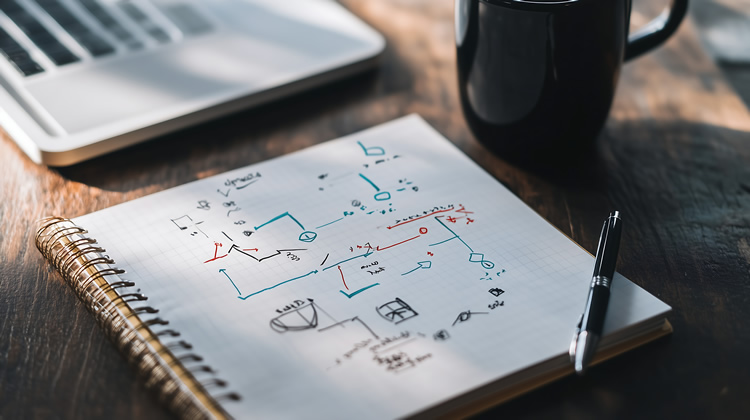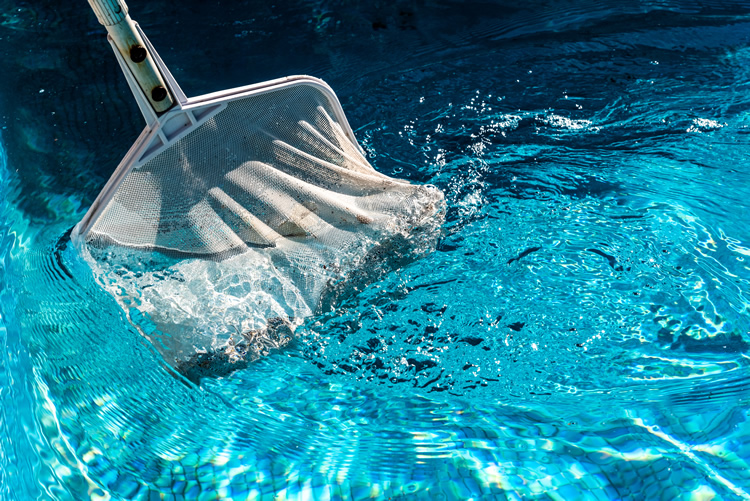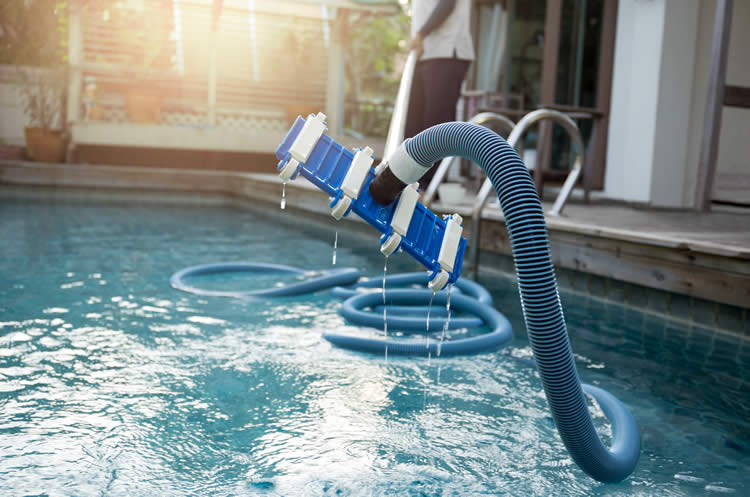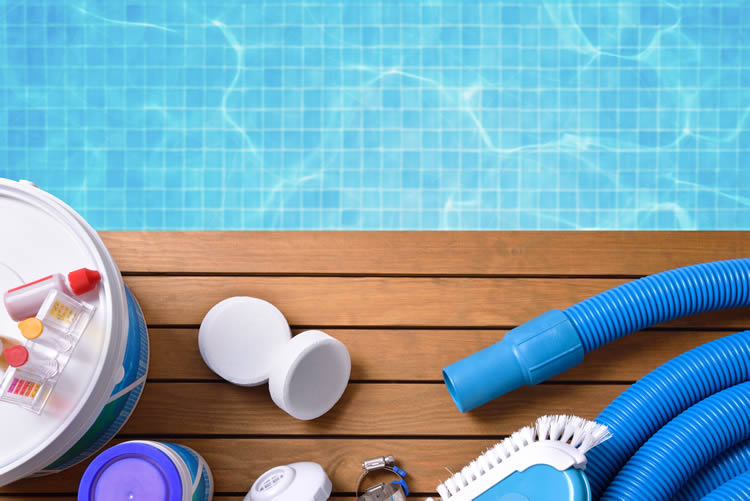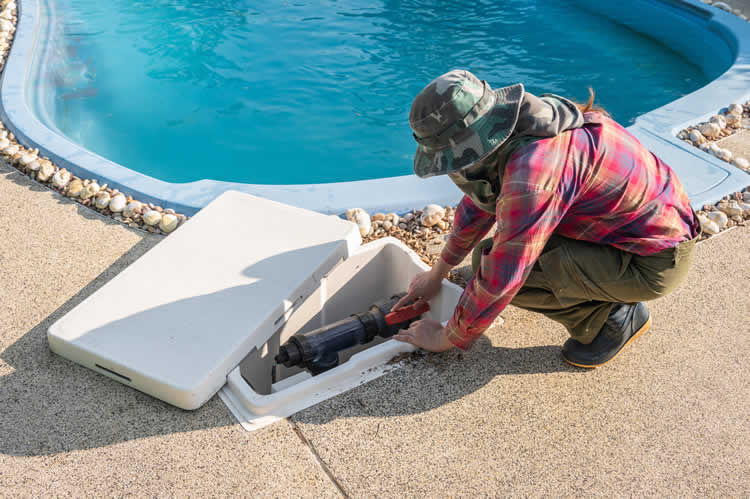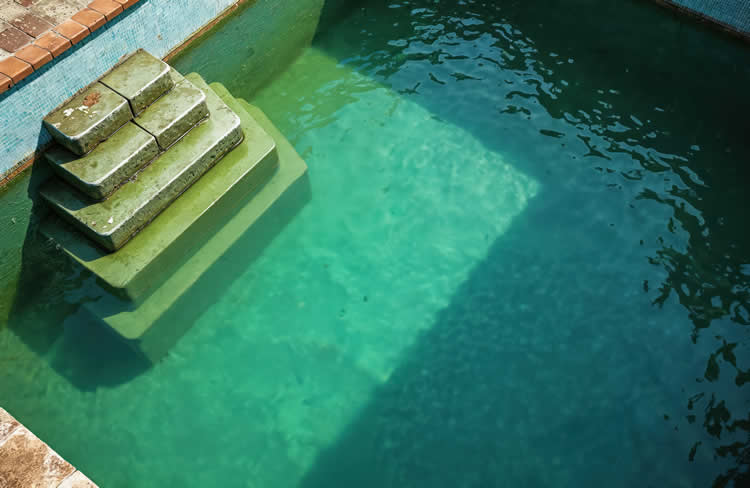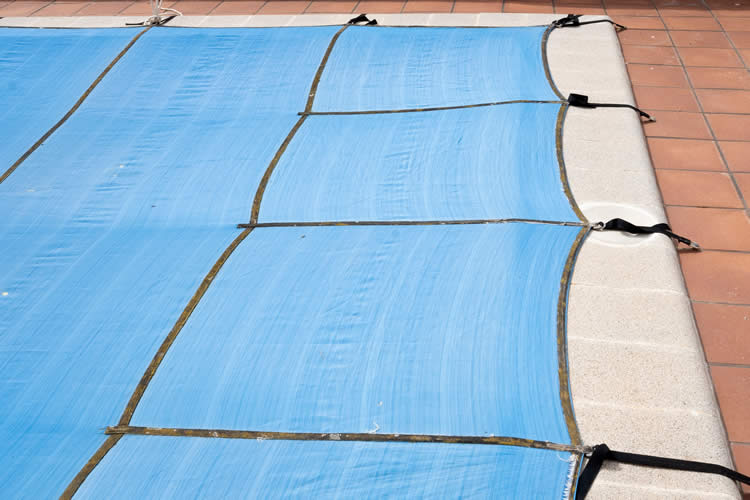The Ultimate Pool Maintenance Schedule for Georgia Homeowners
If you’ve ever looked at your pool on a Monday morning and wondered how it went from sparkling blue to “pond green,” you’re not alone. Georgia’s warm, humid climate makes it easy for algae, pollen, and debris to take over quickly — especially when regular maintenance slips.
But keeping your pool clean doesn’t have to be a guessing game. Once you set a schedule that fits Georgia’s climate, it becomes a simple rhythm — like mowing the lawn or changing the AC filter.
Here’s a practical guide to keeping your pool balanced, healthy, and beautiful through every season in the South.
Why Georgia Pools Need a Different Routine
Pools in cooler or drier states can go weeks between major cleanings. Here, that’s a recipe for trouble. Between red clay dust, endless pollen, and 90-degree heat, Georgia pools work overtime — and so should your care routine.
Warm water speeds up chemical reactions, so sanitizer levels drop faster. Humidity encourages algae growth. And heavy rainfall throws off pH and alkalinity in hours, not days.
That’s why a structured maintenance schedule isn’t just helpful — it’s essential.
Your Weekly Pool Routine
Think of weekly maintenance as your pool’s basic hygiene — brushing teeth and washing hands for your backyard oasis.
Every Week:
- Test your water chemistry: Check pH (7.4–7.6), chlorine (1–3 ppm), and alkalinity (80–120 ppm).
- Skim and brush: Skim leaves, brush walls, steps, and tile line to prevent algae buildup.
- Vacuum or run your robot: Even with great circulation, debris settles at the bottom.
- Clean skimmer and pump baskets: Keeps circulation steady and pump pressure balanced.
- Backwash or rinse filters (as needed): Especially after storms or heavy swimming weekends.
- Shock the pool: Once a week during warm months to oxidize contaminants and restore sanitizer effectiveness.
Tip: In the heat of summer, test water at least twice a week — chlorine burns off fast under Georgia sun.
Monthly Pool Tasks
Once a month, it’s time for a slightly deeper dive (figuratively). These checks prevent long-term wear and chemical imbalance.
Every Month:
- Check calcium hardness: Ideal range is 200–400 ppm to prevent scaling or etching.
- Check cyanuric acid (CYA): Maintain 30–50 ppm to stabilize chlorine from UV rays.
- Inspect all equipment: Pumps, heaters, chlorinators, lights, and return jets should run smoothly.
- Lubricate O-rings and gaskets: Keeps seals tight and prevents leaks.
- Inspect tiles and grout: Early attention to cracks prevents expensive repairs later.
Many Georgia homeowners schedule a monthly professional service visit for water testing and deep equipment checks. It’s money well spent — one small fix can save hundreds down the road.
Seasonal Maintenance: Georgia Edition
Georgia’s climate doesn’t shut pools down completely, but each season brings unique challenges. Here’s what to plan for year-round.
Spring: Wake-Up Season
- Remove and clean the pool cover (if used).
- Test all equipment before peak use.
- Brush away pollen and check filter pressure weekly — pollen can clog systems fast.
- Balance water chemistry thoroughly — spring rain can dilute everything.
Summer: High-Maintenance Mode
- Increase chlorine checks to twice per week.
- Run the pump 10–12 hours a day for proper circulation.
- Keep skimmer baskets clear daily during storms or high debris weeks.
- Check water levels often — evaporation skyrockets.
- Shock after heavy use (pool parties, multiple swimmers).
Fall: Leaf Control and Transition
- Skim more frequently as trees start shedding.
- Trim overhanging branches to keep debris out.
- Vacuum twice weekly to prevent stains from organic matter.
- Begin reducing chlorine output as water cools.
- Inspect pool cover or safety net for winter readiness.
Winter: Light But Consistent Care
Georgia winters are mild, so pools don’t truly “hibernate.”
- Run your pump 4–6 hours daily to prevent freezing lines.
- Check chemistry monthly to avoid off-season staining.
- Cover the pool if surrounded by trees or heavy debris.
- Inspect plumbing and equipment for leaks after hard freezes.
The 10-Minute Rule
Here’s a trick pros use: if you can spare 10 minutes, three times a week, your pool will never fall behind.
- Monday: Quick skim, test chlorine and pH.
- Wednesday: Brush walls, empty baskets.
- Friday: Vacuum or robot clean, shock if needed.
It’s easier to stay ahead than to recover from neglect. Once algae blooms, clearing it takes days — and several bottles of shock.
How to Know Your Schedule Is Working
Your pool should be:
- Clear: You can see the main drain at the deepest point.
- Balanced: pH steady around 7.5, chlorine stable for several days.
- Efficient: Filter pressure stays consistent, not climbing more than 8–10 psi after cleaning.
- Comfortable: No strong chlorine odor, no itchy skin or burning eyes.
If any of these signs slip, tweak your routine or test frequency. Pool care isn’t static — it shifts with weather and usage.
Frequently Asked Questions
Q: How long should I run my pump each day?
In Georgia’s summer heat, run your pump at least 8–10 hours daily. Cooler months can drop to 4–6 hours.
Q: Can I skip weekly shock treatments if the water looks clear?
You can, but it’s risky. Chlorine alone doesn’t remove all contaminants. Shocking oxidizes oils, sweat, and organic matter invisible to the eye.
Q: How often should I replace pool water?
Plan on partially draining and refilling every 3–5 years to reduce total dissolved solids (TDS).
Closing Thoughts
A pool is like a living system — it responds to the environment, and it rewards consistency. With Georgia’s unpredictable mix of sun, storms, and humidity, sticking to a clear schedule makes the difference between effortless weekends and endless scrubbing.
If you ever feel overwhelmed or notice your pool chemistry constantly drifting, My Aqua Fun Pools offers custom maintenance plans tailored for Georgia homeowners. Whether you need weekly visits or seasonal tune-ups, we’ll keep your water balanced so all you have to do is enjoy it.
Let’s Talk …
Let us take care of your Pool & landscape
At Aqua Fun, we don’t just build pools — we build relationships that last for seasons to come. Our team takes the time to understand your space, your needs, and how you actually use your backyard. Then we craft solutions that make every swim, soak, or gathering more enjoyable. It’s not about selling you more; it’s about helping you get it right.
If you’ve been thinking about improving, repairing, or re-imagining your pool, let’s talk. We’ll meet you where you are, explain your options clearly, and make sure the whole process feels simple and stress-free. That’s the Aqua Fun way — real people, real care, and results that speak for themselves.
Mon – Fri
8:00 – 6:00

